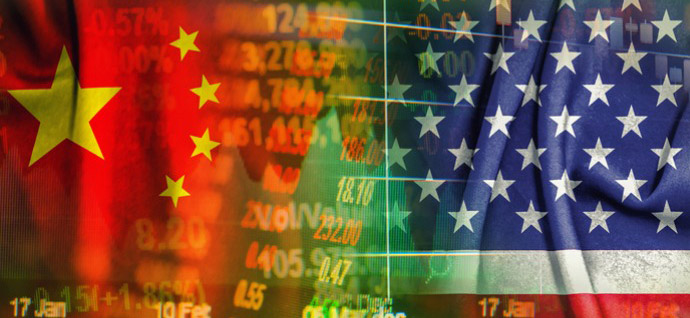“We’re f*cked.”
That’s what Spencer Dinwiddie, 6’ 6” the All-Star point guard for the Brooklyn Nets, said when asked about why he’s trying to tokenize a portion of his $34 million NBA contract.
Dinwiddie called it an investment to offset a coming market crash—citing the U.S. $22 trillion (and counting) national debt, low interest rates, and quantitative easing by the Federal Reserve.
Dinwiddie’s token, called SD8, is designed to operate on the Ethereum blockchain.
The deal would be limited to accredited investors, and requires a minimum investment of $150,000. Under the terms of the deal, investors would buy SD8 and receive payment installments as Dinwiddie is paid by the NBA. Investors would recoup their money plus interest—and possibly more, depending on whether Dinwiddie receives any bonuses.
But there’s an NBA-sized problem…
The organization has called foul on this process, claiming players can’t sell shares of their contracts—it would breach the NBA’s collective bargaining agreement.
Whether Dinwiddie is successful remains to be determined. But that’s beside the point.
The point is this: Tokenization is changing relationships—and tearing down barriers—between those who are looking to raise capital and those who are looking to invest it.
Industries (such as real estate) and individuals (Dinwiddie) are realizing the potential of tokenization. Imagine a college kid tokenizing his future income in return for upfront cash to pay off loans… or invest in starting a business.
There are even calls to tokenize the U.S. dollar.
While many new projects are limited to accredited investors initially, it’s only a matter of time until all investors have the same opportunities.
Who knows? Dinwiddie could be right. The tokenized economy could save us from the next big market crash.
My best,

Daniel Creech
Research Analyst, Curzio Research
Originally published by The Token Tracker.























